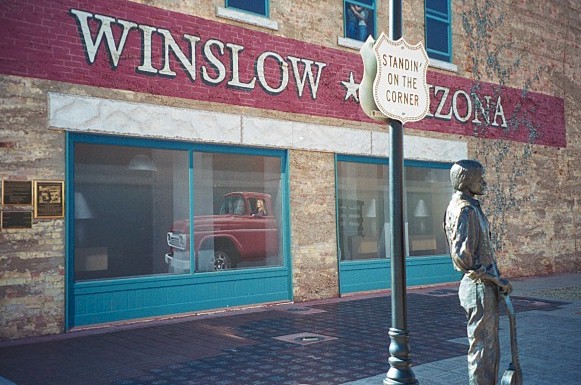|
22
Title: Too Beautiful To Last
Artist: Engelbert Humperdinck
Writer(s): Richard Rodney Bennett & Paul Francis Webster
Entered chart 4 Mar 1972; Highest Position
14; Weeks on chart: 10.
Engelbert
Humperdinck was born on 2 May 1936 in Madras, India to British
parents while his father was serving in the British army in that
country. They all returned to England in 1946 where he
completed his schooling. He began singing in his late teens
using the stage name Gerry Dorsey, and had the opportunity to start
recording in 1958, but none of his output reached the charts.
In 1965 he changed management to Gordon Mills who was Tom Jones'
manager. Mills suggested changing his name to that of a 19th
century German composer. So as Engelbert
Humperdinck, he started a new career. His breakthrough came in
1967, when having recorded "Release Me", he was able to
perform the song on the popular TV show "Sunday Night At The
London Palladium", standing in for the unwell Dickie Valentine.
This instantly changed his life. The record climbed to Number
One in the UK charts, remaining on the charts for an amazing 56
weeks, and keeping the Beatles off the top spot in March 1967.
Two more major hits followed in the same year, and by the end he had
the top three best-selling singles of 1967. Success continued
through the following decades, and from the mid-1970s onwards he
spent a great deal of time performing in the USA, much of it in Las
Vegas. He has continued to perform and record into the 21st
century, giving concerts in most parts of the world. An album
celebrating his 50 years in the charts was released in 2017, which
reached number five in the UK album chart. He splits his time
between homes in Leicestershire, England and Los Angeles,
California.
# This was Humperdinck's final Top 20 hit in the UK,
although he has had a few minor hits up to 2012. In the album
chart, he has had several hits compilation albums, and new releases
have been in the Top 5 as recently as 2017 and 2018.
# This recording was the theme from the 1971 historical film
"Nicholas and Alexandra", about the last Russian Tsar, Nicholas II of Russia, and his wife, Tsarina Alexandra.
|
